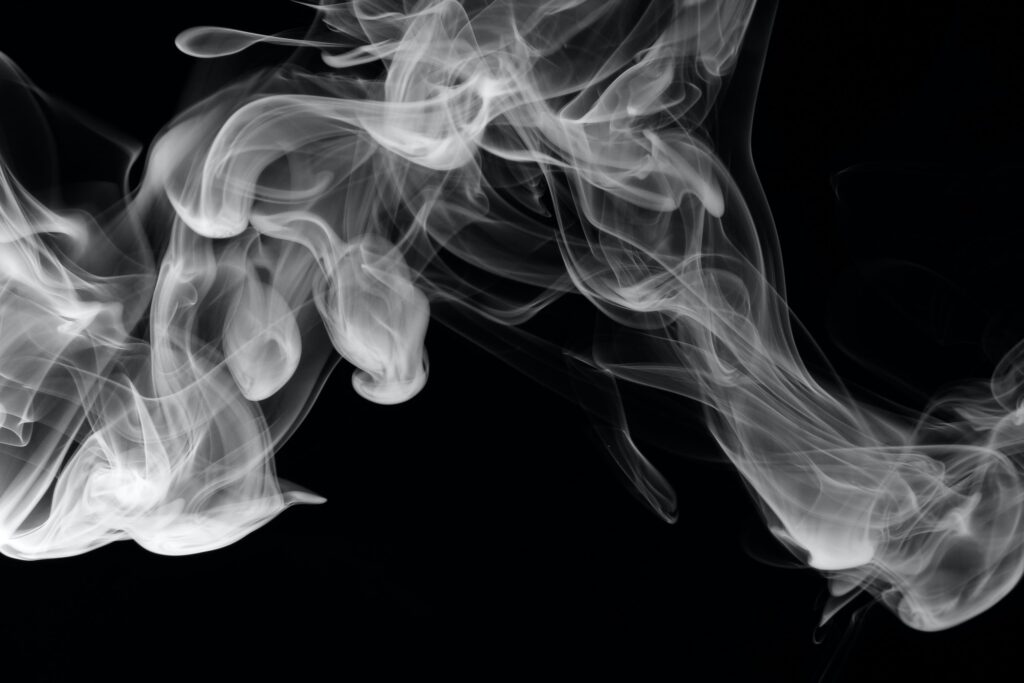If you or someone in your family is a smoker, it is only natural to have questions about the impacts secondhand smoke can have when children are present. Smoking has been around long enough for us to examine this habit and the negative effects it can have on ourselves and those around us. Understanding the risks before you engage in this activity will help you make a better-informed decision when it comes to your health and the health of your family.
In this article, we will explore what secondhand smoke is and how it can impact your child’s mental health.
What Is Second-Hand Smoke?
You might be asking yourself, what exactly is secondhand smoke? This is a great question and something that you will want to understand before diving into the remainder of this article. Secondhand smoke is a combination of smoke inhaled by smokers and fumes from burning tobacco, according to The Center for Disease Control.
When someone smokes a cigarette, the smoke they release after inhaling combined with the fumes produced from the tobacco itself can pose a danger for the individual engaging in the activity, as well as others around them. If your child is in the presence of secondhand smoke, they are at risk for experiencing mental health problems.
Stress-Level Increases
Studies show that children who are exposed to second-hand smoke have a higher likelihood of developing stress issues down the road. More specifically, they will have a harder time regulating their stress hormones and become more anxious more easily. The effects of secondhand smoke and stress regulation can range from trouble falling asleep to the start of an anxiety disorder. Keep in mind that the human brain does not fully develop until the age of 25, so childhood years are the most important time to keep your mind healthy. (1)
Addiction and the Likelihood of Becoming a Smoker
While the habit of smoking is not necessarily genetic, addiction can be. If addiction runs in your family, your child will be at higher risk for developing a smoking addiction if they have been surrounded by this behavior during childhood.
Children may also feel as though smoking poses less of a risk because they have grown up with loved ones doing it throughout their childhood. To prevent encouraging your child from experimenting with tobacco, it is important to facilitate a smoke-free environment around them. (2)
Asthma Attacks and Respiratory Problems = Anxiety
There is a reason why so many children developed asthma attacks when growing up in the late 90s and early 2000s. This is because smoking was a more common phenomenon back then, exposing them to secondhand smoke early on. Children who are around smokers are at an increased risk of developing respiratory infections, asthma, shortness of breath, or even ear infections. If a child has already developed anxiety, difficulty breathing may trigger an attack. They will also be more likely to fear engaging in physical activity or visiting cities or other highly polluted areas.
We hope this article helped you become better informed on how secondhand smoke can impact your child’s mental health. If you are looking for support as you navigate your child’s mental health journey, contact NeuroBehavioral Associates today.
Resources:
- Health Problems Caused by Secondhand Smoke – Center for Disease Control
- Secondhand Smoke May Cause Mental Health Problems in Children – Harvard University

